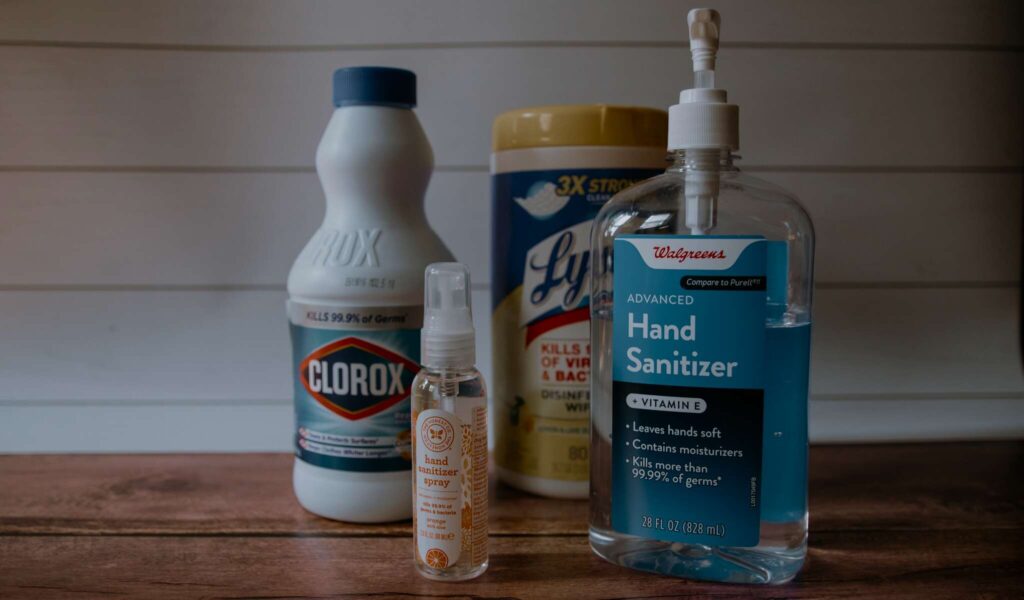Well, folks. A new threat is upon us. Scammers are using the Coronavirus crisis to take advantage of panicked citizens. This is not uncommon, especially when it comes to finances. This frenzy has created a growing number of concerns regarding the financial health of the American economy. While we wait for solid answers regarding stimulus checks, unemployment, health insurance, and test availability, scammers are having a field day. Do not be fooled by the latest scams that are going around.
Stimulus Checks
If you receive any texts, calls, or emails claiming to have additional information about the arrival of these checks are likely fraudulent. These are commonly referred to as phishing scams. These types of scammers use tricks to try and get you to give them your personal information. As of now, the only two secure resources for providing your information are through the TurboTax stimulus registration system and the IRS free file option. You only need to take action and fill one of these out if you have not already filed for taxes for the 2018 and/or 2019 tax year. These registrations are only for non-filers who still need to supply the government with updated direct deposit and updated mailing information. Anyone who claims to have “early access” to this money is not to be trusted. To get official updates and further information, visit the IRS page on economic impact payments. You can also read more about stimulus checks in our article, How To Get Your $1200 Stimulus Check Faster
If you do find yourself being contacted by a potential scammer, you should report the instance immediately to the Federal Trade Commission (FTC). The FTC has come out with a “scam bingo card” in order to assist those who may be targets for scammers.
Donations
As a rule of thumb, you should never donate money through cash, wire transfers, or gift cards. If you would like to donate, make sure you do your due diligence and research the charity you wish to donate to. The Association of State Charity Officials offers a list of states and their dedicated charity regulators who can verify specific questions regarding the legitimacy of an organization. In addition, the BBB Wise Giving Alliance, Charity Navigator, CharityWatch, and GuideStar offer reports and ratings on verified sources. For more information on donating wisely, visit the Federal Trade Commission (FTC) website.
Vaccinations and Medical Supplies
There are currently no proven cures or treatments to prevent COVID-19. Any offers you receive are very unlikely to be reliable. Unless you have spoken directly to your doctor or a medical professional that has diagnosed your case, you should not trust any links from sources you do not know. The FTC has reported over 7,800 coronavirus related complaints. The majority of these grievances are in reference to fake, overpriced, and ineffective medical treatment and equipment. As desperation grows, so does consumer vulnerability. Doctors and hospitals have even fallen prey to these scams.
Someday hopefully soon, we will have easier access to tests, and one day even a cure and a vaccine, but that day is not one that we will see in the near future.
Health Insurance
If you have lost your health insurance, or don’t have health insurance, you may be fresh bait for coronavirus scams. Any salesperson who calls or emails you stating that they are licensed by the ERISA are 100% phony. All insurance companies are licensed in their state of businesses and ERISA is a federal organization. Insurance is not required by law and if you receive a call or an email saying anything along the lines of that you should immediately hang up and/or delete the email. In order to make sure that the company you are looking into is licensed by your state, reference this state-by-state list of insurance commissioners. You also can use the insurance fraud scam alerts page for a list of schemes to watch out for.
Precautions You Can Take To Avoid Coronavirus Scams
While there is no foolproof method of identifying a well-versed scammer, there are steps you can take to protect yourself. The U.S. Attorneys Office urges Americans to do their homework and take the following precautionary measures in order to shield themselves from known and emerging scams.
Useful Tips to Help Identify Scammers
While there is no foolproof method of identifying a well-versed scammer, there are steps you can take to protect yourself. The U.S. Attorneys Office urges Americans to do their homework and review the following useful tips and precautionary measures in order to shield themselves from known coronavirus scams that are actively going around.










